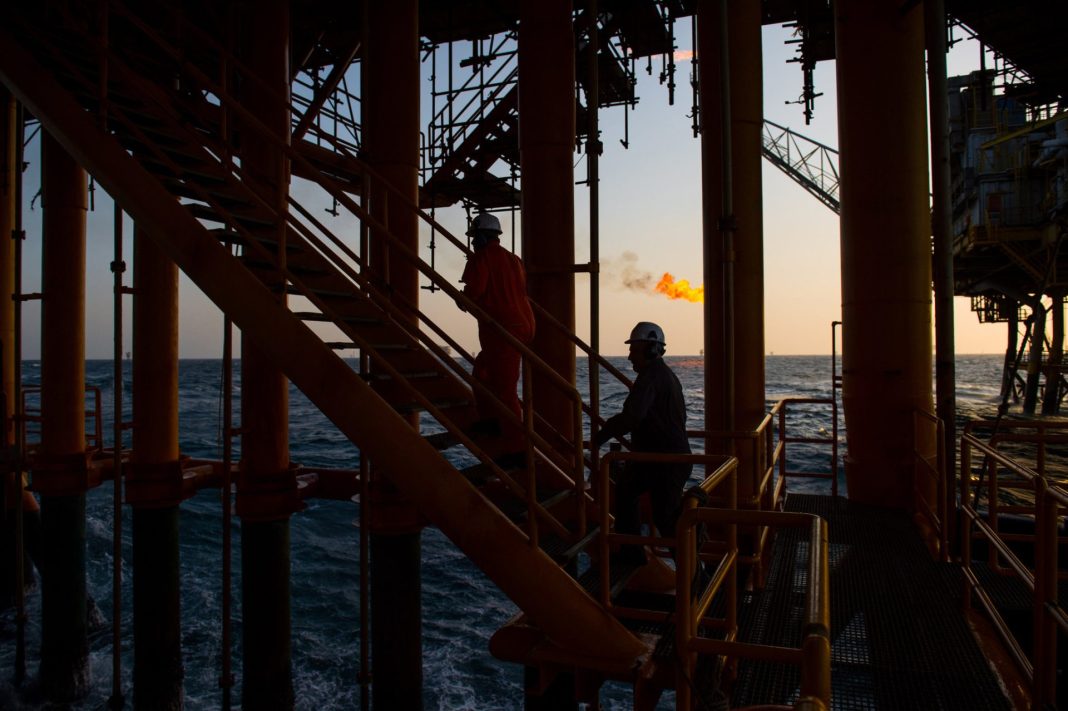Owji was referring to the obstacles to Iran’s oil exports created by the US sanctions.
The minister said Iran is one of the largest holders of oil and natural gas reserves in the world and has been planning for rapid supply of oil to clients.
Owji also talked about the recent ministerial meeting of the Organization of Petroleum Exporting Countries and non-member major oil producers, known as OPEC Plus.
He said OPEC Plus is not concerned about short-term supply and demand in the oil market.
The existing concerns, he stressed, are directed toward low supply capacity in the mid-term due to delay in investments in the up-stream industries, which should be given special attention.
The official said the body agreed in its 26th meeting to stick to its increased daily output by 400 barrels of oil for April, though there was also consensus on the need for inspection of the market to ensure its stability and protection of achievements of the meeting.
He said markets are thriving thanks to increase demand by major consumers as the coronavirus pandemic subsides. But he noted that security tensions in certain areas of the world have resulted in the current fluctuations in oil prices.
Crude prices hit 117 dollars a barrel this week amid the conflict in Ukraine.
Owji, however, said the high prices are mainly due to political decision that have resulted in sanctions on major producers, on the one hand, and wars in some areas of the world, on the other.
